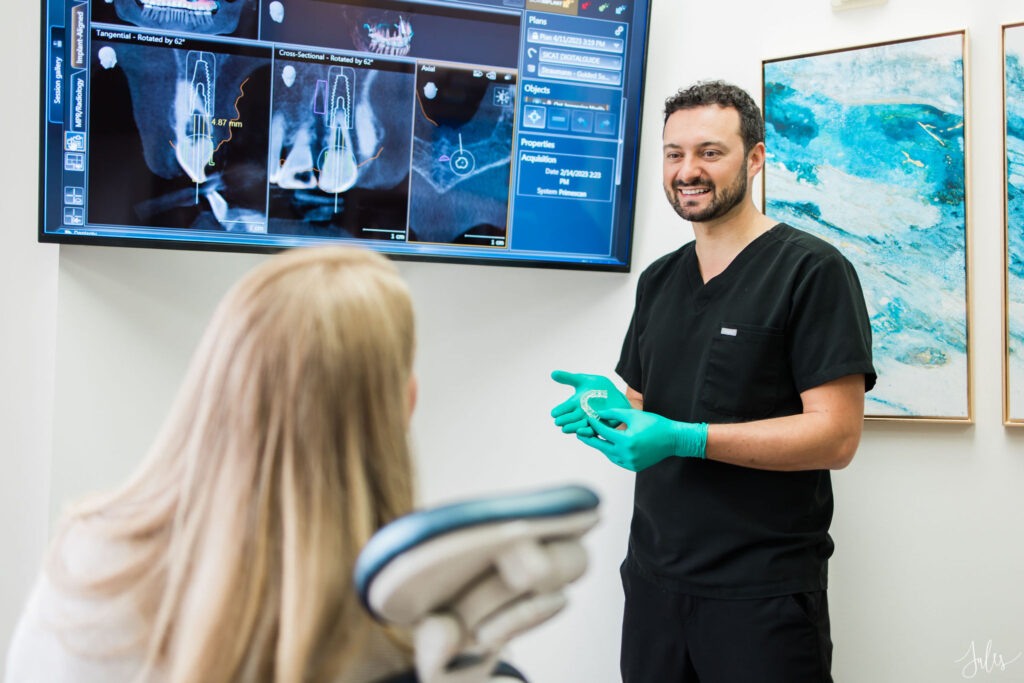When To Seek Emergency Dentistry Services
Emergency dentistry specializes in delivering prompt care for urgent dental issues that cannot wait for a standard appointment. These dentists are trained to manage unexpected situations resulting from accidents, injuries, or sudden discomfort. Addressing dental emergencies quickly and effectively can significantly improve your oral health outcomes. Below are some key signs and symptoms that may indicate it’s time to see an emergency dentist.
Severe Pain or Swelling
Uncontrolled pain in the teeth, gums, or jaw could be a sign that emergency dentistry care is needed. Persistent or severe pain might indicate underlying issues such as tooth decay, a dental abscess, or even oral trauma. These conditions, if left untreated, typically lead to more serious complications, including infections that spread or damage to surrounding teeth and tissues.
Swelling in the face, gums, or jaw is another red flag, often pointing to an infection that requires urgent medical attention to prevent it from worsening. Infections can escalate quickly, potentially leading to more extensive dental work or even systemic health issues. Seeking emergency care not only helps alleviate discomfort but also confirms the root cause is addressed effectively, preserving your oral health and overall well-being.
Handling Dental Trauma
Dental injuries often happen without warning, whether from accidents, sports, or even a simple fall. Common issues include chipped, fractured, or knocked-out teeth, all of which require prompt attention to prevent complications and safeguard oral health. A knocked-out tooth, in particular, is a dental emergency that demands immediate care. Acting quickly and contacting a dentist as soon as possible greatly improves the chances of saving the tooth.
Other dental emergencies, such as loose teeth or injuries to the gums, lips, or surrounding tissues, also require urgent evaluation. Neglecting these issues can result in infections, worsening damage, or long-term oral health complications. Visiting an emergency dentist allows the injury to be thoroughly assessed and treated, helping to restore function, prevent further problems, and alleviate pain effectively.
Addressing Excessive Bleeding
Bleeding in the mouth that is not easily controlled might require immediate dental attention. This can occur from trauma, infections, or surgical complications. If bleeding persists despite basic self-care measures like applying gentle pressure with gauze, contacting an emergency dentist is advisable. Uncontrolled bleeding can sometimes signal deeper issues that need specialized intervention.
Infection or Fever
Signs of oral infection, such as a fever, a bitter taste in the mouth, or a foul odor, could warrant emergency dentistry services. Dental infections, if left untreated, may impact adjacent areas or even spread to other parts of the body. If symptoms are accompanied by swelling or difficulty swallowing, seeking care promptly helps address the concern appropriately.
Utilizing Emergency Dentistry
Unexpected dental issues are often unsettling, but emergency dentistry services are available to provide support during these situations. Addressing severe pain, trauma, excessive bleeding, or signs of infection promptly can promote recovery and prevent further complications. When uncertain about the level of care needed, reaching out to a qualified dental professional can help determine the best course of action for your oral health.

